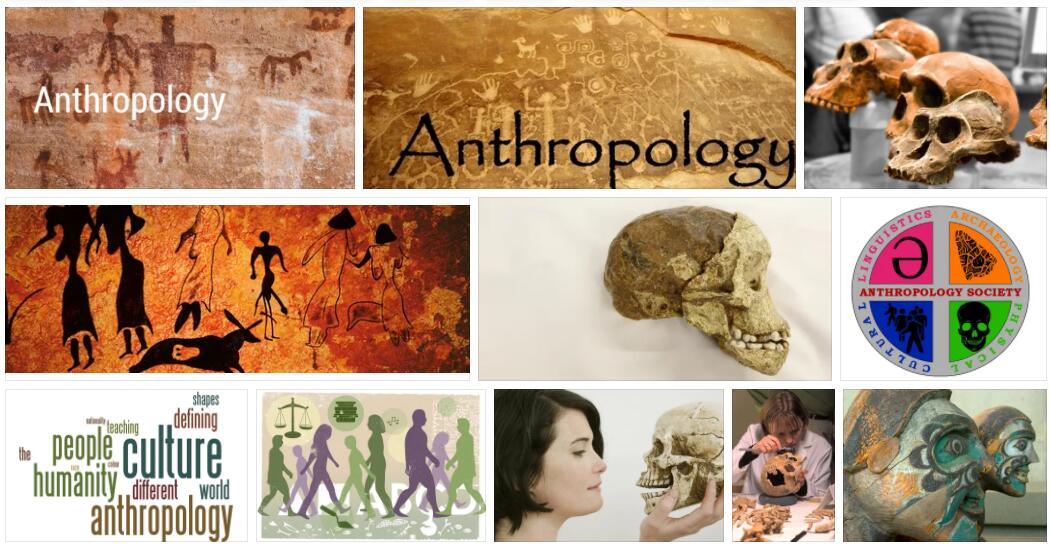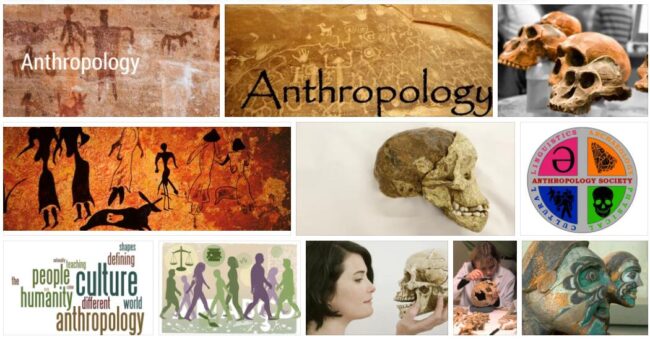The science that is in charge of studying the reality of the human being through a holistic approach (in which the whole determines the behavior of the parts) is called anthropology. The term originates from the Greek language and comes from anthropos (“man” or “human”) and logos (“knowledge”).
This science analyzes man in the cultural and social context of which he is a part. Thus he analyzes the origin of the human being, his development as a social species and the changes in his behaviors as time passes.
It is said that Georges-Louis Leclerc, in 1749, was the first scholar to apply for anthropology as an independent discipline. Its development was based on two positions: the study of the diverse physical characteristics of the human being and the descriptive comparison of the different peoples.
However, many others are anthropologists who throughout history have left their indelible mark on this discipline that now concerns us. This would be the case, for example, of Herbert Spencer. He was a very respectable figure in the scientific field who exposed his theories based on concepts such as natural laws, the adaptation of the being to the environment or the transmission of certain factors from generation to generation.
Likewise, the figure of Lewis Henry Morgan, who is considered one of the true fathers of Modern Anthropology, cannot be overlooked either. In his case, he stood out because he presented advances and theories regarding kinship relationships that for him were fundamental to achieve that a group strengthened ties and that the individuals that formed it felt a vital part of it.
To these two characters of great historical, anthropological and philosophical significance, we should add, among many others, the name of Marvin Harris. This, of North American origin, is known worldwide for being the key piece of cultural materialism. A theory or current that is based fundamentally on questions of a material nature to determine the differences or the similarities of a sociocultural type that exist between different groups.
WHR Rivers, Edith Turner, Clifford Geertz, Sherry Ortner or Ulf Hannerz are other of the many anthropologists who throughout history have played a fundamental role in the study of the human being, his individual characteristics and his social relations.
By the end of World War II, most of the world’s most powerful countries had already managed to develop professional-level anthropology that allowed them to reinforce identity as a nation.
Today, anthropology can be divided into four main sub-disciplines: social anthropology (also known as cultural anthropology or ethnology), which studies cultural characteristics, behaviors, and the structuring of social ties), biological anthropology (or physical anthropology), which analyzes the changes of the human body with the course of history; the linguistic anthropology (or linguistic anthropology), which specializes in studying languages man); and archeology, dedicated to tracking and interpreting the ways of life of those already extinct communities.




